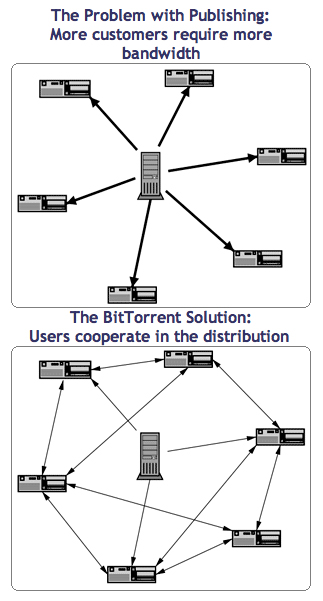 The Digital Memories conference
The Digital Memories conference (Salzburg) is over. Here are some of my scattered notes about new and old ideas discussed during or evoked by all the interesting presentations.
Anna Reading talked about the global unconscious and globalized memories. During her presentation someone mentioned that it's funny how
before people were afraid of
forgetting important things but
nowadays people worry about some entity
remembering everything they do.
There was also discussion about how to define connectivity? We are being told we live in a connected world. But exactly how much mobile phone or internet use does it require? How many hours or how many connections? Or how much speed? For being connected, is it enough to use the cell phone every now and then for a phone call and an sms or is heavy-user multimedia attitude needed? Does one have to practically live online in order to earn the right to be called "connected"?
One of the concepts that stuck to my mind was relocalized memory. It means the situations where a population of a nation/group migrates away from "home land" and redefines or recircumscribes the collective identity which is then imported back to the "home land" to reconstruct and reinforce the imagined community. This, at least, is my interpretation of the concept. This has happened in the case of N. Ireland: the Irish migrated to USA, re-interpreted Irishness and produced an image which was then taken as a model by the people N. Ireland.
In my view, something like relocalization has happened to phenomena like Hinduism in the 19th century (exported to the West & imported back to India), Zen Buddhism in the 1960s (Japan --> US --> Japan) and many other globalized cultural elements that, in the source location, have been redefined according to a more hegemonic model.
After Anna's presentation there was also discussion about premediation (cf. Foucault's discursive archive) which was a new one for me, meaning media producing contents that will give us guidelines on how to react to a future event.
Andrew Hoskins mentioned T. H. Eriksen's idea of vertical stacking of information which happens, according to Eriksen, when
"growing amounts of information are distributed at growing speed" and "it becomes increasingly difficult to create narratives, orders, development sequences. The fragments threaten to become hegemonic. This has consequences for the ways we relate both to knowledge, work and lifestyle in a wide sense. Cause and effect, internal organic growth, maturity and experience are under heavy pressure in this situation." (p. 45 of Eriksen's Globalization: The Key Concepts.)
Alberto Sá from
Minho University, Portugal, mentioned a concept I found very interesting. Alberto used the concept of
semantic resolution and I immediately thought it could be heuristically used in, say, cultural anthropology describing the different levels of understanding of foreign people. Imagine, for example, a Finn trying to make sense of the Russian culture. If the Finn has
low semantic resolution he sees Russians as all-the-same monolithic entity without any heterogeneity. But when the semantic resolution grows you are able to see more "cultural pixels" and thus detect nuances in the object of your gaze.
Owen Kelly's side note was also interesting: when people complain about
new technologies weakening the mental capacities of humans, it's good to remember
Socrates and how he talked about
the alphabet causing forgetfulness and ignorance in people. In addition to this, Owen wondered about how to
define memory and what exactly is the
unit of memory. What ever it is, memory is something that happens in the present, not in the past. Remembering is like making path from the present to the imagined past. It's
not about bringing some past issue alive but more like recreating past in the present.
Olivier Nyirubugara's presentation on hyperlinking made me realize how
political hyperlinking actually is. Think about it - it's actually quite a powerful micro-political tool. If you have a popular website or you are a specialist of a field with a blog, by producing or not producing links you are communicating values and appreciations.
Finally,Jeff Rothenberg was quoted:

Digital information lasts forever or five years
- which ever comes first.
Pic sources: top pic from New Media, pic below from The Boston Channel.
















